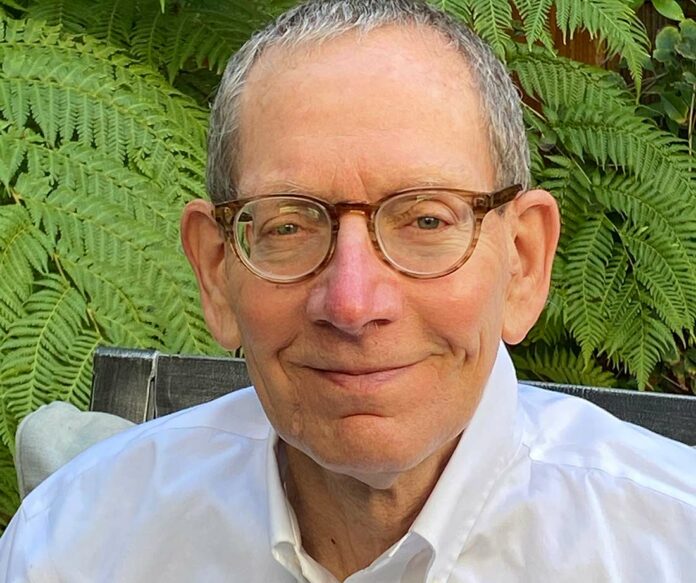I started my holiday season by getting hacked. The hacking was a product of my foolishness rather than a case of my supposed diminishing faculties due to my age (71 1/2) getting the better of me. Something was fishy (no pun intended) in the message I received about a fellow master’s swimmer having died in an accident. The fact that the message came from Twitter should have been a red flag since I never use Twitter.
This hacking incident caused me to swallow my embarrassment and spend about eight hours notifying people about the hack and changing my passwords. Reading a long article about pervasive fraud perpetrated against seniors and the federal government in the hospice industry, further led me to consider the issue of elder financial abuse. I was prompted to put on my commissioner’s hat.
As a commissioner on the Community Health and Senior Services Commission (CHSSC), it behooves me to suggest to my fellow commissioners that we consider tackling the issues of elder abuse and financial fraud.
During my years as a family law attorney, I have had several cases involving elder abuse. Frequently, these cases involved a relative who was entrusted to oversee the financial affairs of an elderly person, lining his or her pockets with assets of the trusting old relative. Several other cases involved home care providers taking unfair advantage of the feeble old person who they were hired to care for. Yet another case involved an aged teacher being conned into allowing his accountant to invest his retirement assets in risky financial endeavors.
An easy protective measure is to not hand financial control to someone who was not hired for that purpose. A home care provider should not have access to the assets of the person he or she was hired to care for. An accountant hired to do your taxes should not be investing your retirement assets.
What I also found in some instances was a second person acting as oversight. For example, when a relative is charged with the power to run an elderly relative’s financial matters, more than one relative should be overseeing the relative’s estate.
As I age, while I still think of myself as sharp as a tack, I observe my 30-plus-year-old children, and Lissa, my significant other, questioning my actions at times. Fortunately, their concerns are mostly centered around my eating habits (ie. a largely plant-based diet), my failure to regularly hydrate, and my admittedly obsessive workout routine. However, I envision the time coming when they will look for signs that I have become vulnerable to being scammed, due to neurological problems, problems seeing, or problems hearing (I already wear hearing aids).
Financial con games are not just directed against seniors. Nearly every day, I read a story about someone posing as a PG&E worker, cable company worker, or telephone company operator, claiming to need access to a person’s residence or personal financial information. Just about every other day I receive an official looking email from some company, with whom I may or may not do business, informing me that I must click on their email link and provide them with personal financial information, otherwise my account will be locked or closed.
My favorite scam comes from the alleged descendant of some foreign prince or king, telling me that if I cooperate with them in seeking to recover tens of millions of dollars from a third party, I can share in the financial recovery. These cons are not as prevalent as they used to be, but they still crop up occasionally, leaving me tempted to reply: “Pound sand.” Wisely, I resist the temptation, however.
While these scams and cons seem to increase in volume during the holidays, financial fraud, particularly directed towards seniors, is pervasive year-round.
As a commissioner on the CHSSC, I am tasked with advising the town council about issues bearing on the health and well-being of our residents, and suggesting remedies to ameliorate the concerning issues, while also paying close attention to the needs and issues of our senior residents. We advise and we make recommendations.
Hopefully, my colleagues on the CHSSC will agree with me on the importance of tackling scam-related issues so that our community is better informed and better armed to defend against the dangers they entail.
Jeffrey P. Blum is a family law mediator who lives in Los Gatos.










